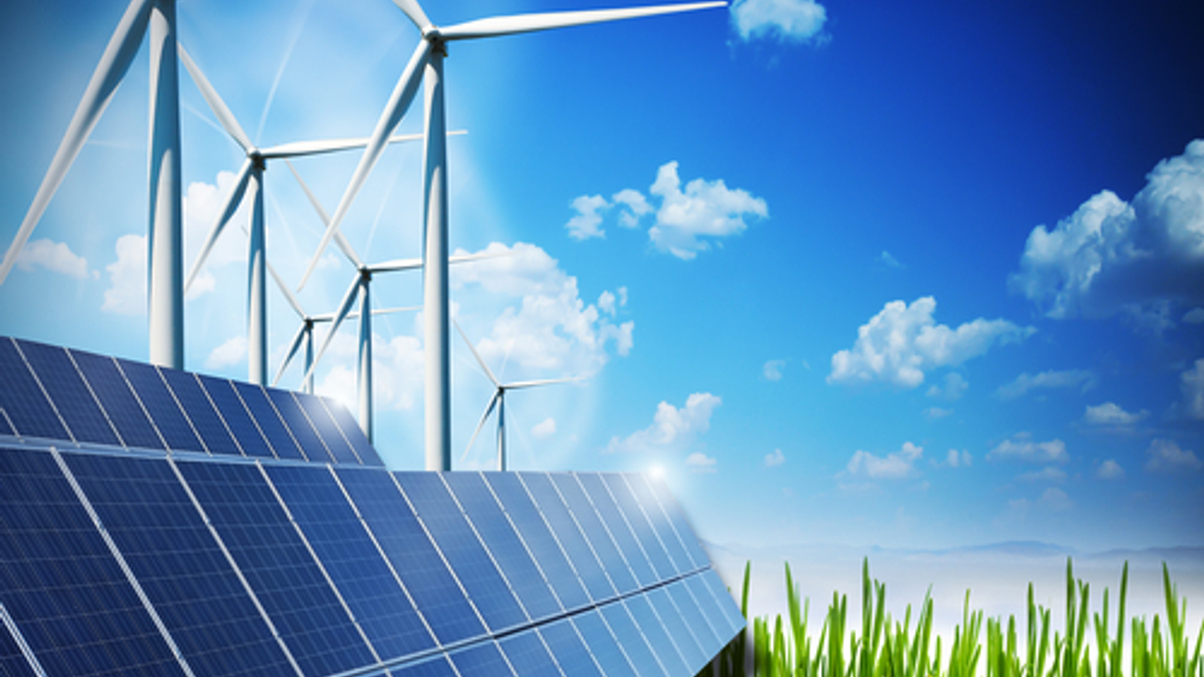Temasek eyes wide-ranging climate technologies as part of investment ambitions
In selecting the climate technology companies to invest in, the state investment firm looks at factors such as risks, deployment costs, market acceptance, and the company’s R&D capabilities among others.

Singapore’s Temasek Holdings aims to invest selectively in renewable energy projects balancing the risks and uncertainty with the market potential even as global investment in climate technologies increases, according to a leading executive at the state investment firm.
Sign in to read on!
Registered users get 2 free articles in 30 days.
Subscribers have full unlimited access to AsianInvestor
Not signed up? New users get 2 free articles per month, plus a 7-day unlimited free trial.
¬ Haymarket Media Limited. All rights reserved.


